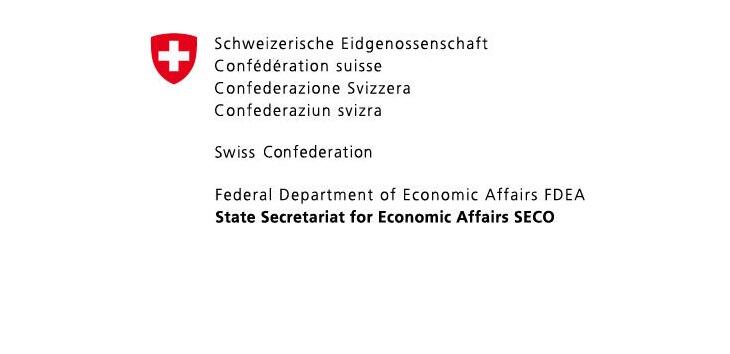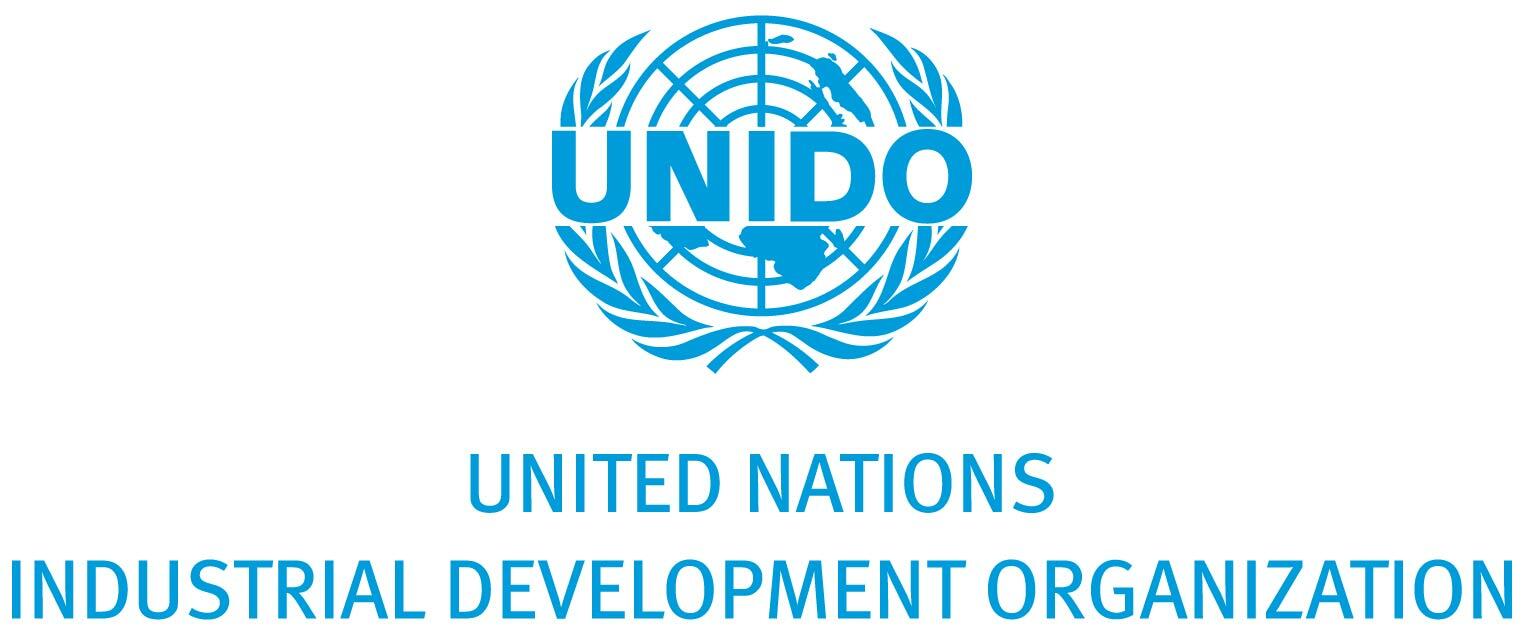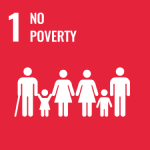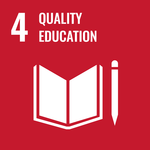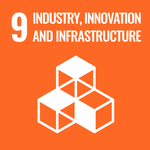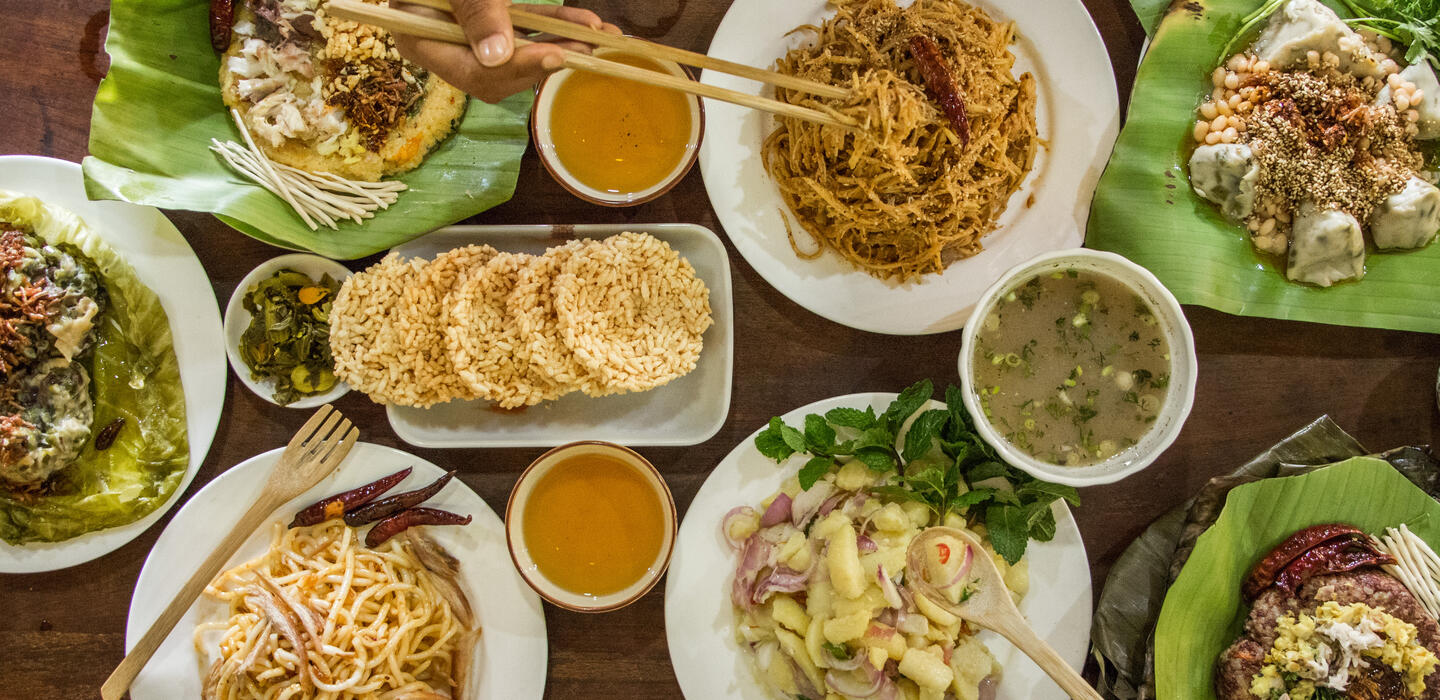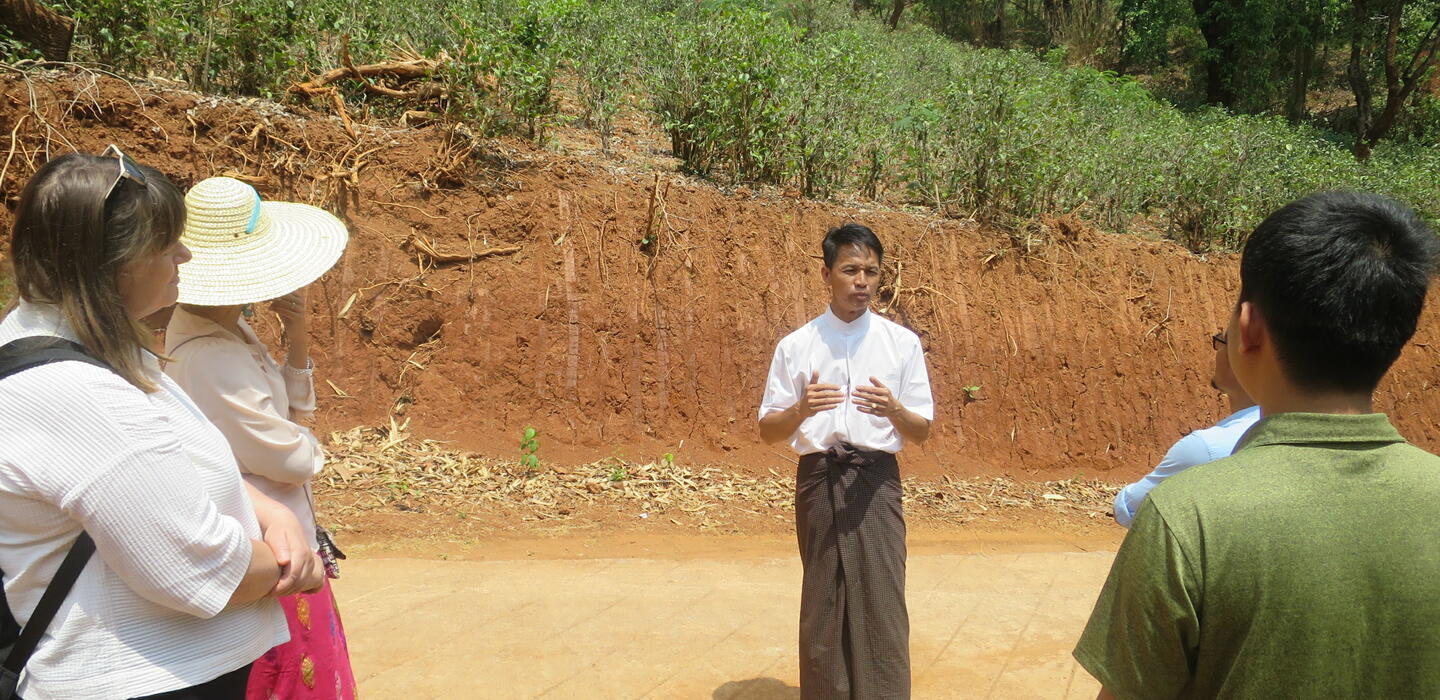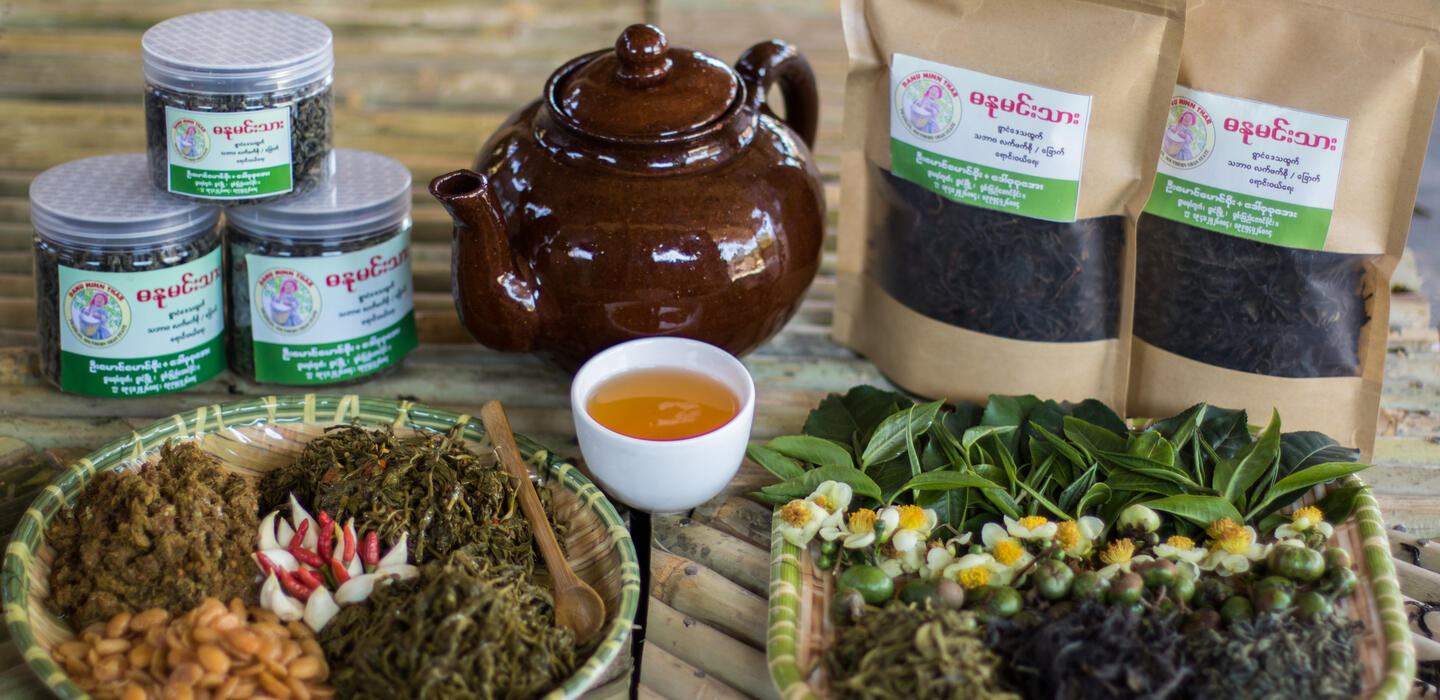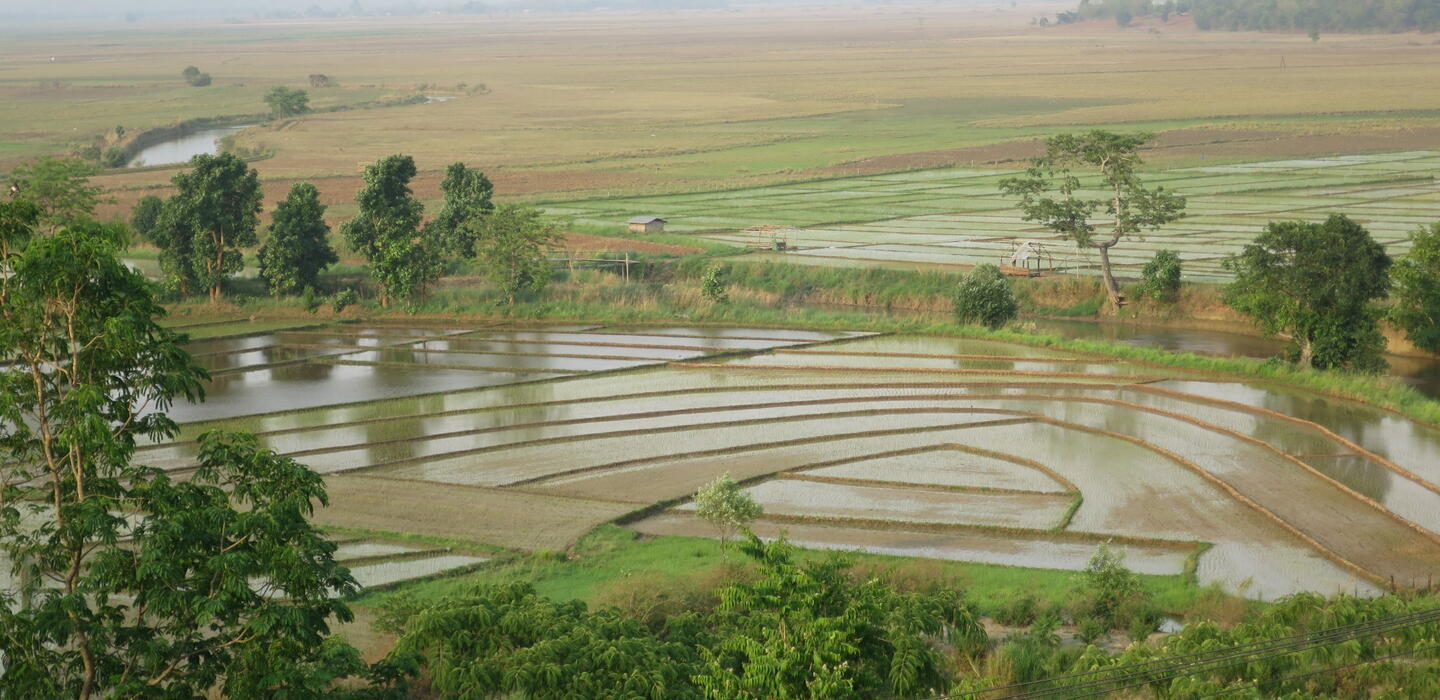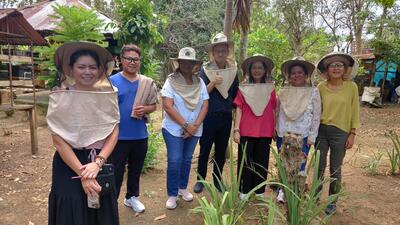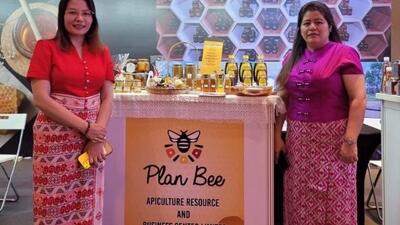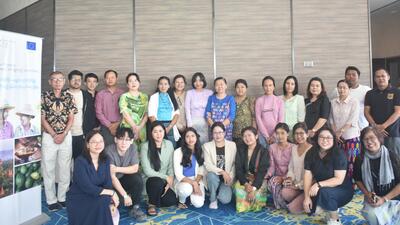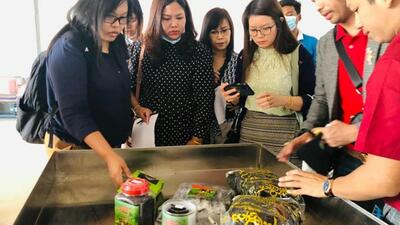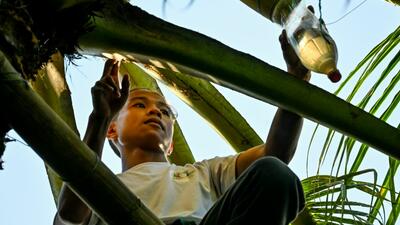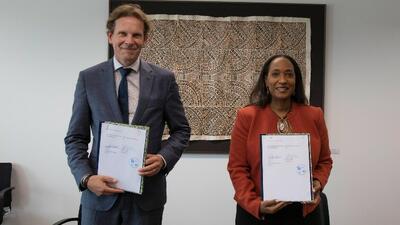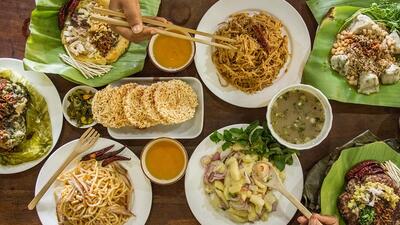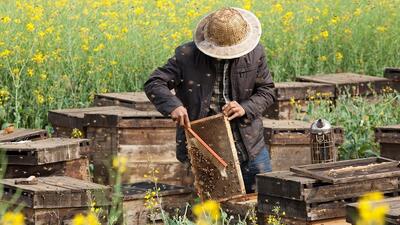
Myanmar: Upgrading horticulture supply and sustainable tourism to develop business linkages
Overview
Summary
This project aims at improving the economic situation in the Inle Lake (Shan State, Myanmar) area through the upgrade of the horticulture supply capacity and the development of sustainable tourism. Funded by the Swiss State Secretariat for Economic Affairs (SECO) trust fund, it will be implemented by a cluster of 4 UN agencies gathered in the UN Trade Cluster, through the establishment of value chains leading to income generation and employment creation. Within this framework, ITC will assist the Inle Lake area in gaining in its position as a touristic destination. Through the design and application of a new branding strategy, the enhancement and promotion of products and services of the Inle Lake inbound tour operators, and the alignment of tourism goods and services to the industry requirements (especially in quality and food safety), the tourism sector will reach a new market positioning in sustainable and inclusive tourism. It will result in an increase and stabilization of business opportunities for tourism actors.
Partners
Sustainable Development Goals
Developing sustainable tourism with local agriculture
The International Trade Centre is working to upgrade Myanmar’s sustainable tourism sector in five locations in southern Shan State: Pang Lung, Kakku, Ywangan, Kalaw and Nyaung Shwe.
We are supporting the development of village walks in Pang Lung and Kakku, heritage tours in Nyaung Shwe and Kalaw and agritourism in Ywangan, as well as focusing on food quality and safety for tourism companies in the area. In these efforts, ITC is joined by UNCTAD, UNIDO and ILO and supported by UNOPS under the SECO-UN Cluster project in Myanmar.
Through online trainings and dissemination of material (pedagogical material, videos, posters, etc.), we aim at developing the capacities of privately owned tourism companies in Southern Shan State.
Agritourism, village walks and heritage tours help preserve rural lifestyles while offering visitors an unique opportunity to experience local cultures and landscapes. As this type of tourism grows, local small-scale farmers are also able to sell more of their products as well as diversify and add value to their offer.





